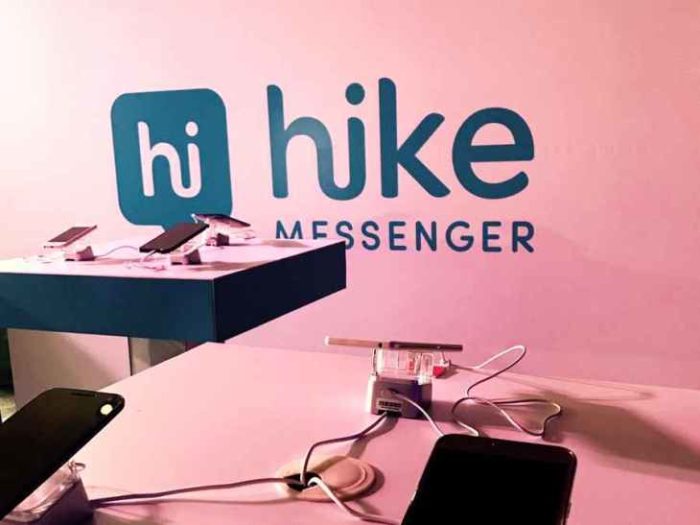In the urge of growing too quickly, startups use aggressive marketing strategies. To expand their business, most of the startups are buying in other popular startups in different categories. This strategy works well for some while other face problems which can’t be neglected.
Recently, Kavin Bharti Mittal the CEO and founder of Indian messaging platform Hike has admitted that the company took some wrong decisions in the process of growing too quickly.

“We started building away from our core too soon and we’ve been doing that for too long. This month we took a big decision to go ‘Back to Basics’ and back to our core and continue to innovate around the core,”
Mittal said.
In order to get back into the right track, the company is even closing its office in Bangalore and also lay off employees. The layoffs will impact up to 25 percent of the over 350 people working in Hike.
Such cases prove that diversification does well for bigger companies but it is far more risky for small startups as they have the lack of funds, workforce, and compatible skills to deal with the changes.
Hike was launched in the year 2012 and has established itself as a famous social platform. The company has successfully raised $261 million from investors including Tencent Holdings, Foxconn Technology Group, and the Bharti group.
Hike has also acquired hardware company Creo and social networking platform Pulse. Unfortunately, both these acquisitions became a problem for the company.
“We made a few acquisitions last year that skyrocketed the team size (200 to 350+) making us bigger than we need to be. Given the renewed focus, it’s an opportune time for us to integrate and streamline these teams,” Mittal added.

Hike’s layoffs indicate that in spite of so many efforts, it is still having a hard time in India where most of the population use WhatsApp as the primary messenger.
Now the company will look to grow only as a social platform and try to focus on the new innovations. The pressure of investors is also making them work in the direction which makes most revenue for them.
This is a wakeup call for other startups who are just expanding without a particular direction. Learning from others mistake is something entrepreneurs should turn into a habit.
















